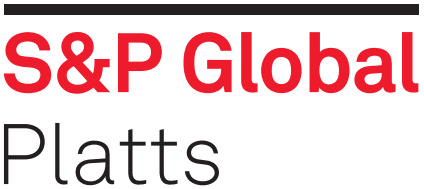
Korea has requested that a World Trade Organization forum discuss the concept of “particular market situation” (PMS) in anti-dumping investigations, following use of this trading instrument by the US, particularly in the steel trade, an informed source with knowledge of the May 1 meeting of the WTO Committee on Anti-Dumping Practices said Thursday.
At the same meeting at WTO’s Geneva headquarters, Russia argued that the EU’s new Anti-Dumping Regulation, introduced in 2016, and its amendments in 2017, are inconsistent with WTO rules, the source said.
Korea and Thailand separately raised concerns in Wednesday’s WTO meeting about the US Commerce Department’s use of PMS legislation in investigations involving imports of various steel products from their countries, according to the source. Korea has called for this topic to be put on the agenda of the next anti-dumping practices and trade remedies meeting, to occur in early November. China and Brazil also support further discussion on this matter.
Under WTO’s anti-dumping agreement, an AD duty may be imposed where investigators show that goods are being imported at a price less than their home market price, or “normal value.” However, in the case of PMS calculations, investigators may use alternatives to the home market price (such as prices in third markets or “constructed” prices based on production costs in the home country plus administrative, selling and general costs, and profits), and it is the validity of this approach that is now being challenged. Typically, PMS could be used in cases where there are no domestic sales of a specific product, meaning that “normal value” cannot be calculated.
Under Section 504 of the US Trade Preferences Extension Act of 2015, the US Commerce Department can address market distortions in the production of foreign merchandise as part of its calculation of dumping margin. These market distortions include those resulting from the activities of state-owned enterprises and other state actors.
The first US investigation employing the expanded PMS method was used in 2017 in Commerce’s investigation on oil country tubular goods (OCTG) from Korea then expanded to investigations on large diameter welded pipe, heavy walled rectangular welded carbon pipes and tubes, and corrosion-resistant steel. Korea and Indonesia have since raised concerns about the Commerce Department’s use of the methodology in AD investigations targeting their exports, alleging it is discriminatory, used without justification and had resulted in much higher product dumping margins, according to the source.
Thailand also complained at the meeting about the US use of PMS, using factors such as global steel overcapacity, in its investigation into imports of Thai circular welded carbon steel pipe and tube, the source said.
Russia took aim at the EU’s new Anti-Dumping Regulation and its amendments during the meeting, also on the basis of the concept of “normal value,” according to information provided by the source.
The regulation replaces the previous basis upon which the EU determined normal value for imports from non-market economy countries with a new methodology for determining normal value where “significant distortions” exist, i.e. cases where reported prices or costs, including the costs of raw materials and energy, are not the result of free market forces because they are affected by substantial government intervention.
Russia and China expressed concern at the meeting that this methodology is inconsistent with WTO rules. This was however denied by the EU.
Russia also criticized Mexico for maintaining anti-dumping duties on imports of Russian steel based on its application of a non-market methodology in the investigations, the source said.
— Diana Kinch




